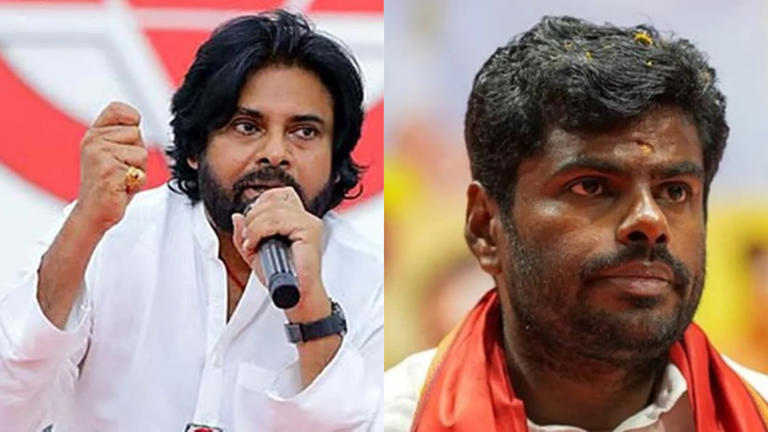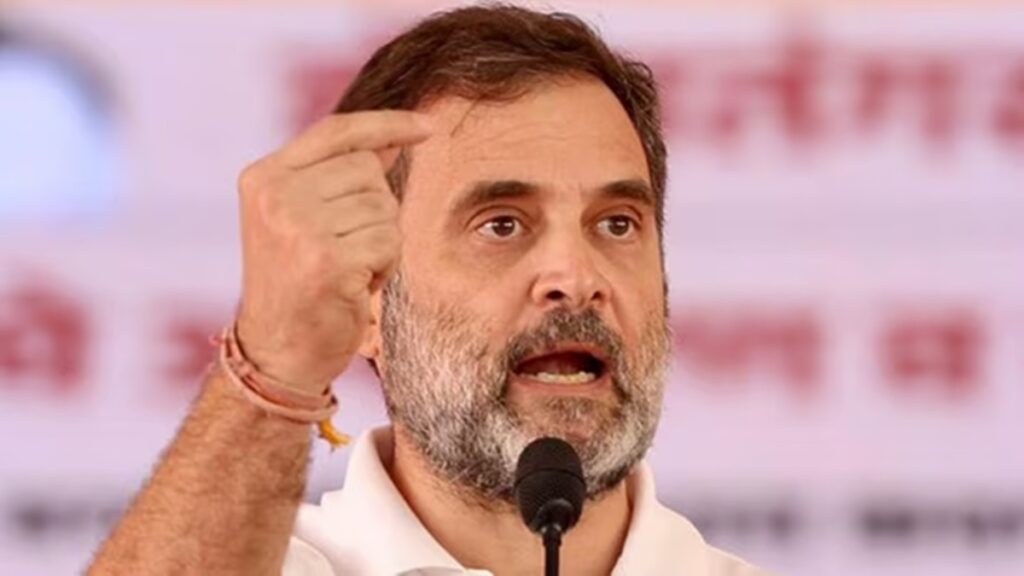Madurai FIR Alleges Court Order Violation, Communal Speeches at Religious Conference Spark Backlash
What was meant to be a religious congregation in reverence of Lord Murugan turned into a political storm when prominent leaders like Andhra Pradesh Deputy Chief Minister Pawan Kalyan and former Tamil Nadu BJP President K Annamalai made charged speeches in Madurai. Held on June 22, the Lord Murugan Devotees Conference was expected to stay strictly apolitical, as per conditions laid down by the Madras High Court. However, the tone and content of the event sparked controversy, resulting in an FIR being filed against the two leaders and several organisers.
This article will explain what happened, what laws were allegedly violated, and why this case matters in the larger context of religious gatherings and political messaging in India.
Devotion or Agenda? FIR Targets Annamalai and Pawan Kalyan Speeches
A case has been registered at E3 Annanagar Police Station in Madurai (Crime No. 497/2025), citing violations of the High Court’s explicit order that prohibited communal or political content at the Lord Murugan conference. The FIR names Pawan Kalyan, Annamalai, and organisers from Hindu Munnani, RSS, and BJP.
The complaint was filed by S. Vanjinathan, an advocate representing a local group focused on communal harmony. He alleged that speeches at the event promoted communal disharmony, politicised religion, and outraged religious sentiments. The FIR has invoked various sections of the Bharatiya Nyaya Sanhita, particularly those related to promoting enmity, inciting hatred, and violating lawful orders.
Despite the High Court’s specific directive allowing the event on the condition that it remain purely devotional, speeches made by Kalyan and Annamalai crossed that line. Pawan Kalyan, donning a traditional green veshti, took jabs at “fake secularists” and claimed secularism was being used as a cover to insult Hindu beliefs. He even called Pasumpon Muthuramalinga Thevar an incarnation of Lord Murugan. Annamalai echoed these tones by saying, “The people have chosen ‘Swami’ over ‘Nidhi’”—a veiled attack on DMK.
Critics argue that such statements, while wrapped in devotion, carried clear political motives. The presence of resolutions urging Hindus to vote as a bloc and criticizing the DMK for exploiting temple funds further added fuel to the fire.
Several secular organisations had warned that the event might be misused for political gains. The Madras High Court, too, had cautioned organisers to strictly avoid communal or political content. With these lines now allegedly crossed, the legal and political implications could be significant.
The Lord Murugan conference controversy serves as a cautionary tale about blurring lines between religion and politics. While devotion and cultural pride are powerful emotions, using them to stoke political sentiments—especially under judicial scrutiny—can invite legal trouble. As India navigates a politically sensitive climate, the intersection of faith and electoral rhetoric must tread carefully.





















